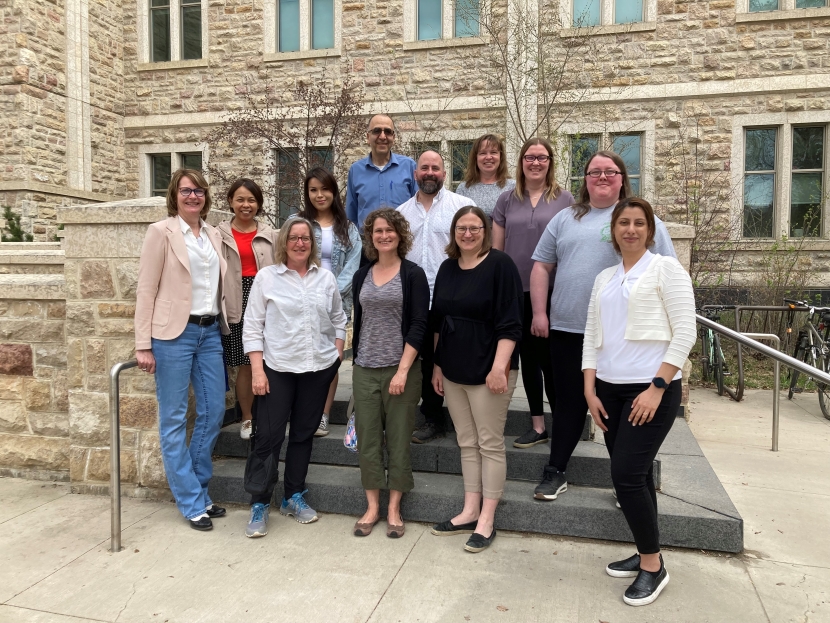
The built environment - buildings, road systems, and other infrastructure – is a result of choices in planning that can help or hinder well-being. The goal of our research team is to support the work of First Nations and Métis peoples in Saskatchewan toward vibrant and healthy communities. Specifically, inequities in the provision, design, maintenance, and replacement of housing for Indigenous communities in Canada have led to significant social, cultural, and health impacts.
To be responsive to community needs and inclusive of community values, and to overcome a siloed and researcher-driven approach to solving inequities on reserves, we are holding open conversations where researchers, industry partners, and local/provincial/federal policy writers to listen to First Nations and Metis community members about their lived experience and preferred pathways for changing the built environment that reflects Indigenous ways. These open conversations can guide research, improving relevance, usability and uptake to reduce health impacts over the housing lifecycle. We hope to have meaningful engagements between First Nations and Metis community members, home builders/engineers, policy makers, funders, and researchers working across these areas. For example, health research knowledge may not be well known to home building industry partners and health researchers may not understand the constraints and complexity of the home building industry.
Through open conversations, we will identify barriers to Indigenous built environments and levers for change facilitating knowledge-to-action as determined by First Nations and Metis people. They will also facilitate the development of a network of people who are working on built environments while providing opportunities for interdisciplinary learning for researchers and trainees. The knowledge we gain from this process will 1) direct plans for a national network to advance First Nations and Metis built environment, who are responding to the Calls to Action of the TRC with a goal of creating partnerships for change; and 2) support the development of a framework for research, knowledge blending, policy action, and engagement driven by First Nations and Metis community members, professional builders, policy makers, and researchers working on the built environment.


